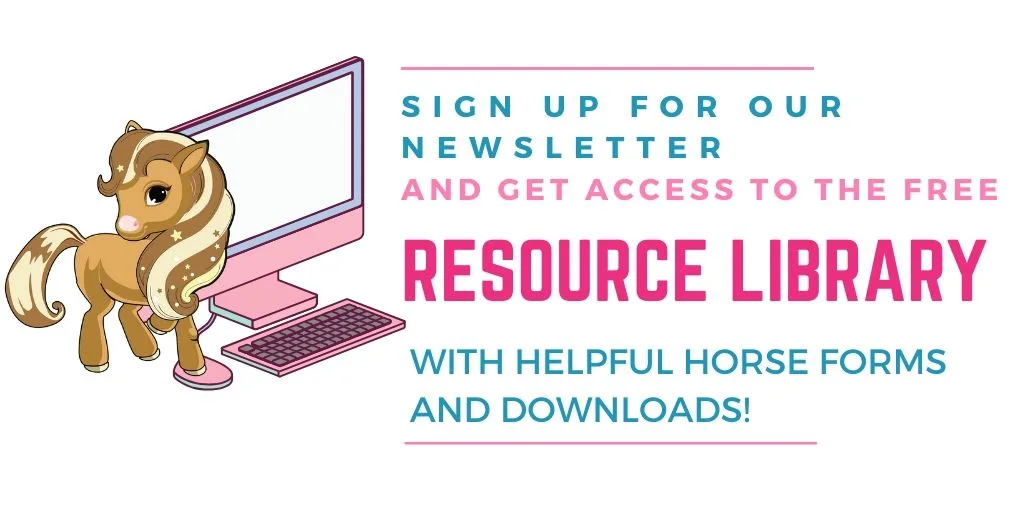All horse owners will need to one day retire their horses. Whether your horse becomes old, sick, or you have a change of plans, your horse will one day take a rest from his job.
How do you retire your horse? Should you retire your horse on a retirement farm? What is there to consider? This article will give you a complete guide on retirement horse boarding.
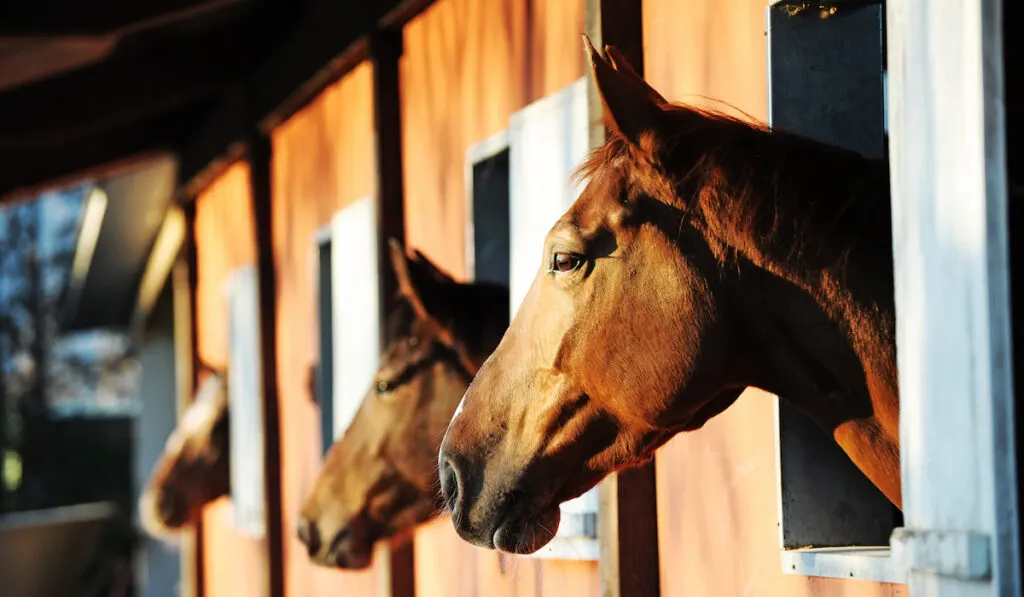
Why and how should you retire a horse?
You should retire a horse when he is becoming old, getting tired quickly, showing some behavioral changes, when you have a change of goals, or other reasons.
You can retire your horse yourself if you can by gradually reducing his daily activities.
If you cannot retire your horse or you do not have the time to attend to your horse, you should consider sending your horse to a retirement farm.
What should you know before registering your horse on a horse retirement farm? Is retirement horse boarding expensive? What should you consider?
Table of Contents
Retirement Horse Boarding: What, Why, and How?
What does it mean to retire a horse?
Retiring a horse means that you are reducing (or stopping) the tasks of your horse due to age, health, strength, or even changes in your own personal goals.
Why should you retire your horse? Here are a few reasons why you should retire your horse.
Age
The lifespan of a horse is 25-30 years. If lucky, some horses can live close to 40 years. Should you wait until your horse is 25 years before you retire him? Definitely not.
Just as humans get weak and need extra care during old age, animals too (i.e. horses) need extra care and fewer jobs.
If your horse has passed 20 years, you should start planning his retirement.
Strength of Horse
Some humans that are 80 years old appear fit and are stronger than other humans who are 40 years of age.
For horses, some of our equine friends, though old, can still work hard.
This means that the physical capabilities and strength of your horse has a greater role in determining when you should retire your horse than the age of the horse.
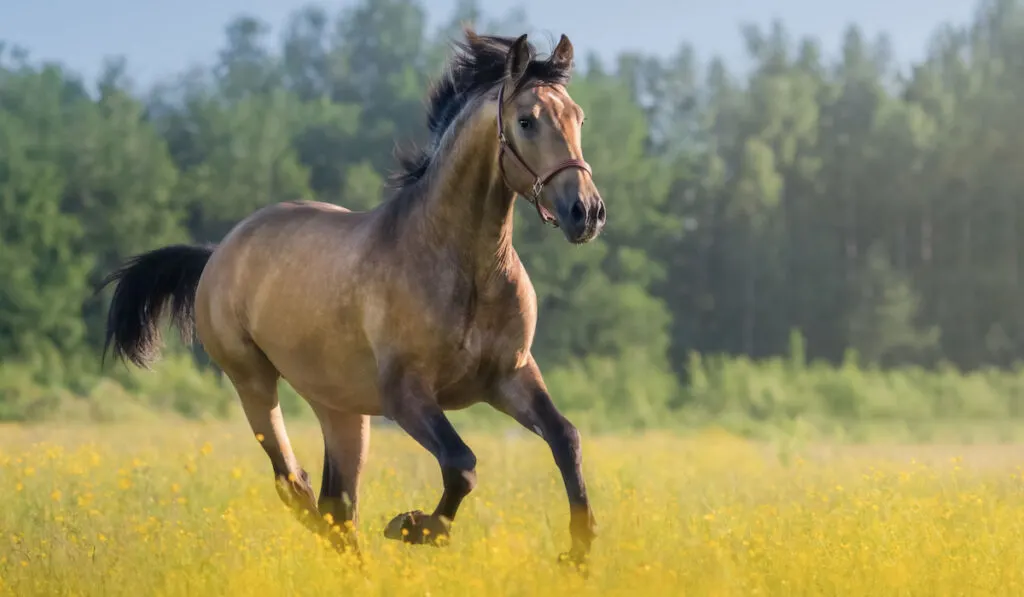
Observe the following in your horse:
- Does he get tired more quickly than before?
- Does he recover more slowly than before?
- Can he carry as much load as he used to?
If you notice that your horse is not as strong as he used to be, you need to start planning his retirement.
Behavioral Changes of the Horse
As horses grow old and can no longer carry out some tasks, they tell you by their behavior. Observe the following in your aged horse:
- How often does he want to rest?
- Does he respond to your calls as quickly as before?
- Is he happy doing the jobs that he has been doing?
Just as we all have good days and bad days, it could be that your horse is having a bad day, so you should not conclude that your horse needs retirement because of the observation of just one day.
You should consider writing new behaviors in a diary and finding a pattern. With your findings, you can conclude whether the horse needs retirement or not.
Changes in Your Goals
Are you planning to travel out of the country or to a place where you cannot bring your old horse along? The best thing for you to do is to retire the horse.
If you are planning to get a new horse to do the things that your old horse can no longer do, you should retire the old horse so that the new horse will have enough space (if you have limited space).
As stated earlier, every horse owner will one day consider retiring their horse. Now that you know what horse retirement is about and why you should retire your horse, can you retire your horse?
A Complete Guide to Retiring Your Horse
Retiring a horse is a very emotional decision for horse owners. Seeing your equine partner getting weaker and weaker might concern you.
How can you retire your horse? There are two ways that you can retire your horse. They are:
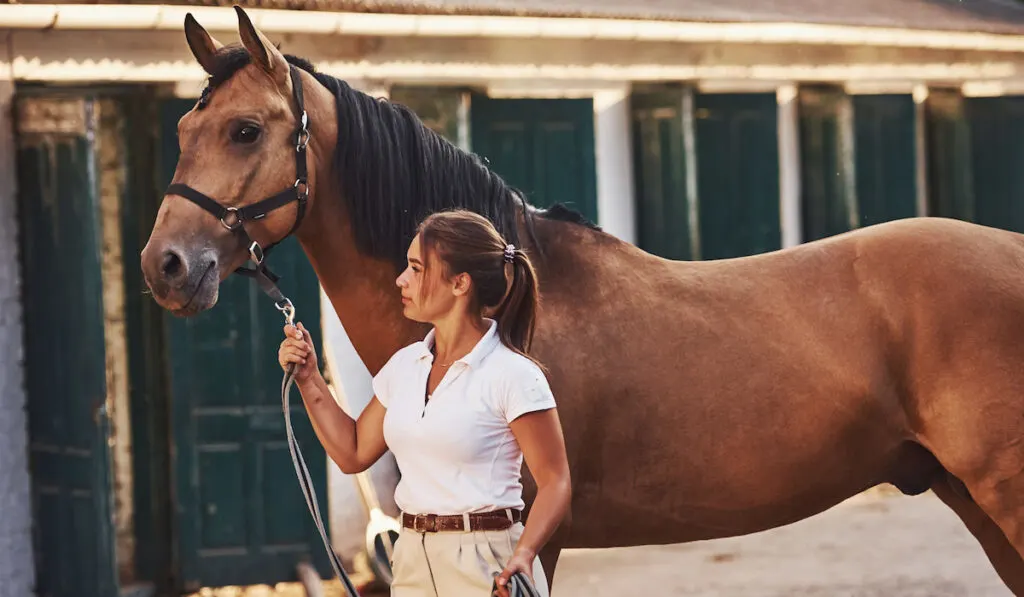
- Retiring your horse by reducing his jobs
- Sending your horse to a horse retirement farm
Which is better between the two options above? Let us discuss both the pros and cons of each.
Retiring Your Horse by Yourself
If you think that you have enough time and can take care of your aged horse, you should retire your horse in your stall.
To retire a horse, you should not stop all of his tasks immediately. Horses do not respond well to an immediate change of activities (i.e. from working to resting).
Instead of stopping everything that the horse does, you should gradually reduce his job according to what he can do.
If your horse is on medication, you should not stop giving him his medicine when retiring him. Also, it is important that you regularly deworm your horse and provide other forms of care.
You should have a veterinarian check your horse regularly and give you advice on what you should do.
Sending Your Horse to a Horse Retirement Farm
If you do not have time to care for your horse or you simply cannot retire your horse by yourself, do not be worried because there are many horse retirement farms that can board your horse.
You should, however, be careful when choosing the right place for your horse and you need to go to the place to see how it is.
Some pros of retirement farms are:
- Your horse has access to immediate care as needed
- Retirement farms have enough space for your horse
- You do not have to spend so much time caring for your old horse
- Retirement farms have companion horses to keep your horse happy
Some cons of sending your horse to such places to retire are:
- They are usually far
- They may not meet all the needs of your horse
- Nobody knows nor can care for your horse just like you
- They are usually expensive (prices range from $250 to $500 per month)
If you want to send your horse to a retirement farm, remember that you should visit and inspect the place. Use the following tips when choosing a retirement place for your horse:
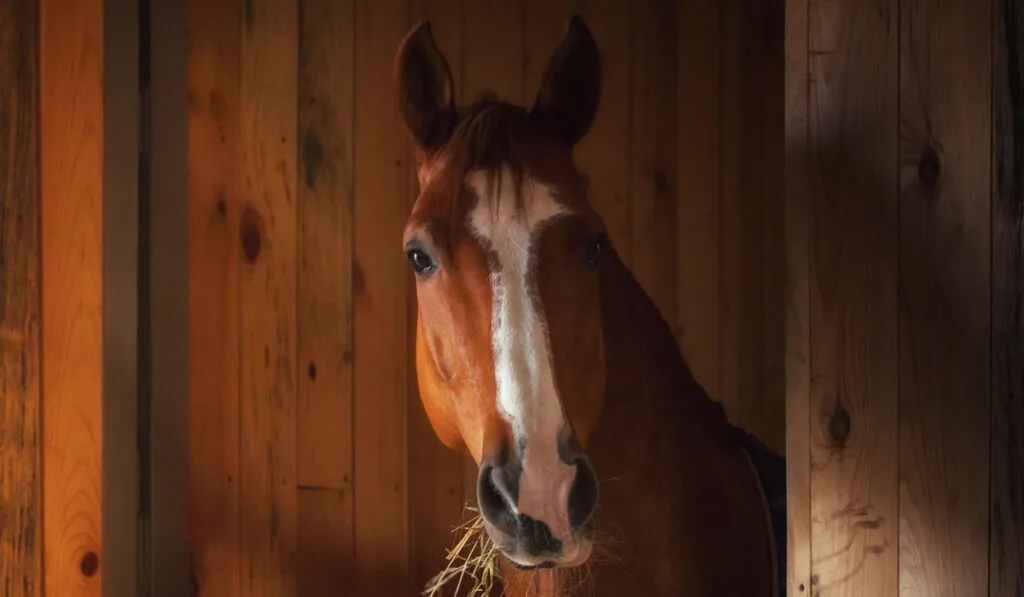
The Condition of the Retirement Farm
Is the retirement farm hygienic? Do they have clean feeding and water troughs? How are the horse stalls? Are they neat? Can you find old horse manure on the floor?
You should consider the hygiene of the place because it will affect the health of your horse.
Do They Offer Flexible Care?
If your horse has unique needs, can the retirement farm provide them? You know your horse better than anyone else.
If your horse needs a special kind of medication or care, can they provide them? Will the retirement farm listen to you and involve you when making decisions about your horse?
Does the care of the place match the lifestyle of your horse?
Some horses are social while others want to be alone. Some horses prefer going outside over remaining indoors while others prefer indoors. What does your horse prefer? Can the place provide it?
Will You Be Okay if Your Horse Looks Like the Horses in the Place?
When you visit the place, look at the other horses. Do they look healthy and happy? If not, you should not put your horse in that place. Look for a place with horses that look the way you want your horse to look.
Are There Expert Veterinarians on the Farm?
Your horse will need regular deworming, dental, and hoof care. Does the retirement farm have expert staff that can treat your horse if he becomes sick?
You should observe how the staff in the place treat and care for the horses already there.
When you visit the place, you should think like your horse and know whether your horse will like the place or not. When you are in the place, you should ask how often they deworm the horses.
When you are there, ask for references to present and past clients so that you can discuss with the clients to know whether they like the care that the retirement farm provided.
If you send your horse to a retirement farm, visit your horse regularly to observe changes (whether positive or negative).
Final Thoughts
Horse retirement is a very emotional decision that every horse owner will make someday. When retiring your horse, you should put the above-listed points into consideration. Remember to visit your horse regularly if you send it to a retirement farm.
What do you think about horse retirement? Will you take care of your old horse by yourself? Share your thoughts in the comment section below.
Sources
- https://equusmagazine.com/horse-care/eqretire46-10505
- https://equusmagazine.com/horse-care/easing-your-horse-into-retirement-8550
- https://www.red-riding-hood-stable.com/boarding
- https://www.midwestvetdental.com/boarding/

